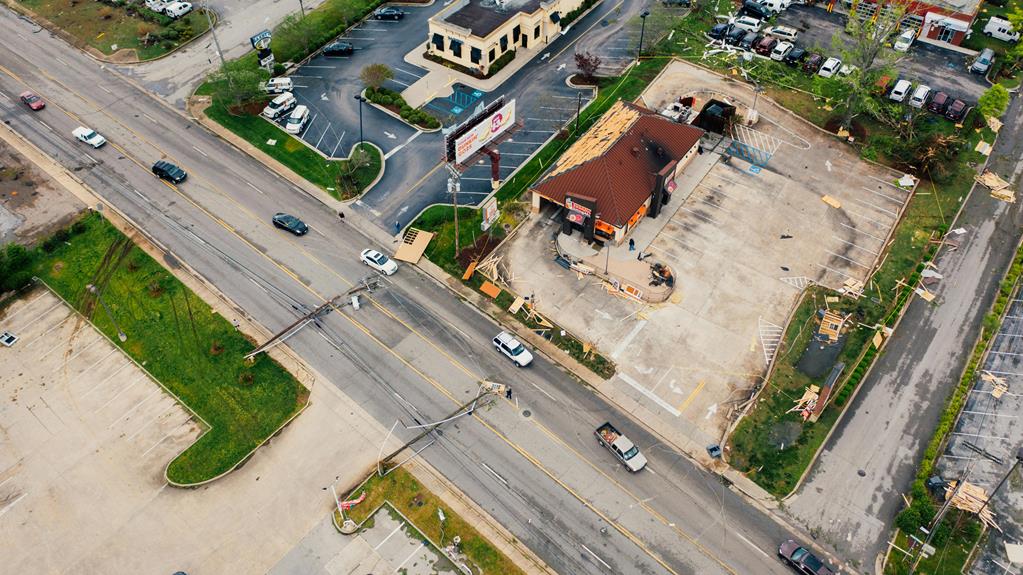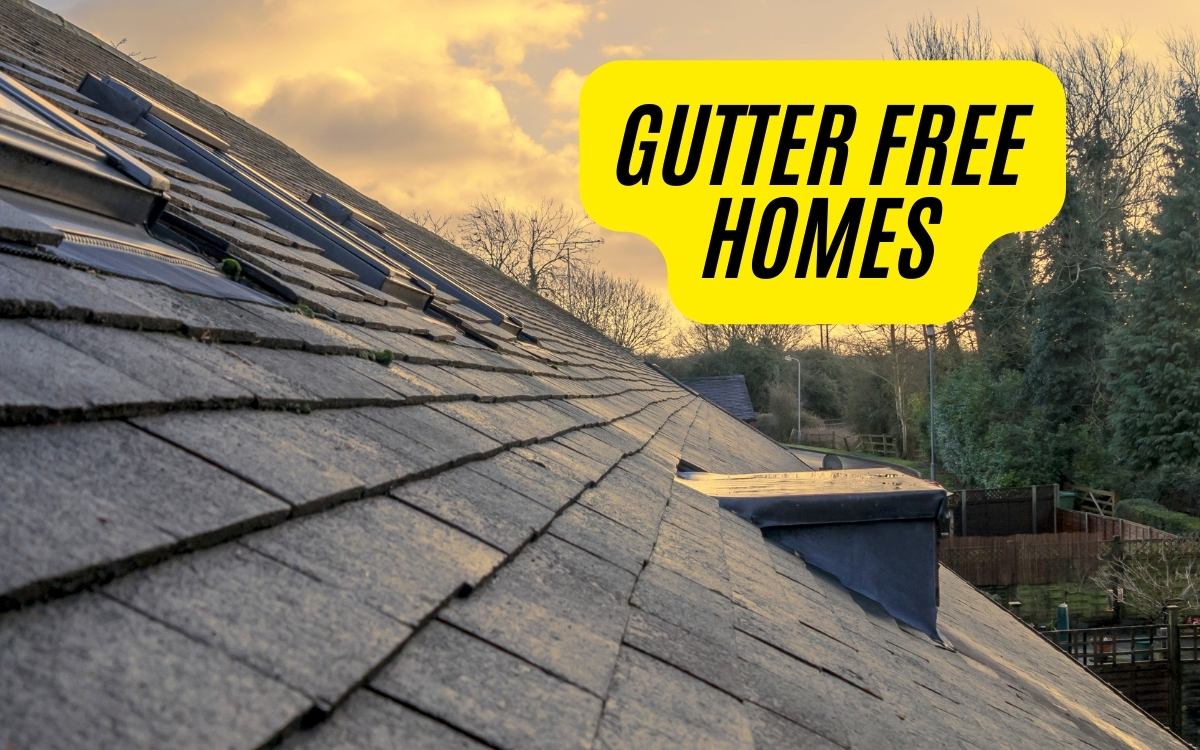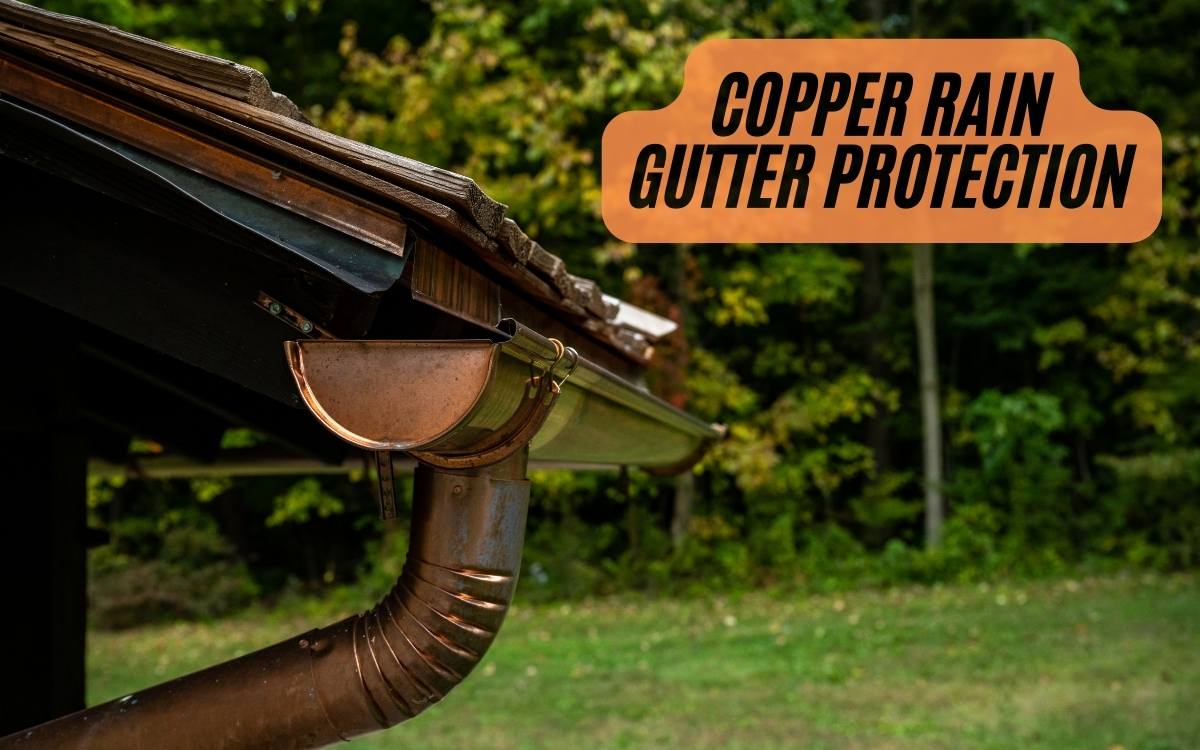Hurricane Havoc: Foundations at Risk
Hurricane-force winds and floodwaters can cause devastating damage to home foundations, leading to structural instability, costly repairs, and even displacement. Foundation walls can bow, crack, and lose structural integrity due to hydrostatic pressure, weight from floodwaters, and wind-borne debris. Understanding the severity of hurricane damage to foundations is essential to take necessary precautions and mitigate potential risks. Different foundation types have unique strengths and weaknesses, and identifying potential weaknesses through regular inspections and maintenance can empower homeowners to take proactive measures to prevent damage. By understanding the causes and risks of foundation damage, homeowners can take steps to protect their properties and guarantee a safer, more secure future.
Hurricane Damage Explained
Hurricanes bring devastating winds and floodwaters that can wreak havoc on homes, particularly their foundations.
Water damage from hurricanes impacts more homes than any other element, causing soil to absorb water, swell, and expand, creating hydrostatic pressure that pushes on foundation walls.
This pressure can cause foundation walls to bow inward, crack, and lose structural integrity.
Furthermore, wind can dislodge and destroy gutter systems, leading to water soaking the soil around a foundation, and destroy turf and displace topsoil, resulting in moved earth and changes to hydrostatic pressure.
Weight from floodwaters can also bow, crack, and break foundations, with one cubic foot of water weighing around 62 pounds.
It is essential to understand the severity of hurricane damage to foundations to take necessary precautions and mitigate potential risks.
Foundation Types and Risks
As floodwaters rise, the type of foundation a home is built on can substantially impact its ability to withstand the forces of nature.
Different foundation types exhibit varying levels of vulnerability to hurricane damage. Cement and concrete foundations, for instance, hold up well to most soil types and high winds, but can shift when soil becomes weakened or displaced.
Basements, on the other hand, are extremely vulnerable to floods, allowing water to pool and sit inside foundation walls.
Pier and beam foundations provide a good defense against rising floodwaters, but can still be damaged through waterlogging.
Crawl space foundations elevate homes but are prone to mold, wood rot, and pest infestations when waterlogged.
Understanding the strengths and weaknesses of each foundation type is vital in preparing for and mitigating hurricane damage.
Causes of Foundation Damage
Frequently, hurricane damage to foundations is attributed to a combination of factors, rather than a single cause.
Hydrostatic pressure from floodwaters is a primary contributor, causing soil to expand and push against foundation walls. Wind-borne debris can dislodge gutter systems, leading to water accumulation around the foundation.
Weight from floodwaters can also cause foundations to bow, crack, and break. Additionally, soil expansion and contraction can lead to foundation shifting and cracking.
Poor foundation design or construction can further increase the risk of hurricane damage. Understanding these causes is vital in mitigating the risk of foundation damage and ensuring a safe and secure living space.
Preventing Hurricane Havoc
Many homeowners underestimate the importance of preparation in preventing hurricane havoc, but taking proactive measures can substantially reduce the risk of foundation damage and subsequent costly repairs.
By understanding the causes of hurricane damage, homeowners can take steps to mitigate the risk. Replacing gravel and landscaping stones with lighter-weight materials, cutting weak branches, installing storm shutters, and sealing outside wall openings can all help prevent damage.
Additionally, hurricane-proofing exterior-facing doors and ensuring proper drainage can also reduce the risk of foundation damage.
Preparation and Inspection
A well-maintained foundation is crucial to withstanding the fury of a hurricane, and preparation is key to guaranteeing that a home's foundation can weather the storm.
Regular inspections and maintenance can identify potential weaknesses, allowing homeowners to take proactive measures to prevent damage. This includes sealing outside wall openings, installing storm shutters, and cutting weak branches from trees.
Homeowners should also verify that their insurance policies cover foundation damage and understand the relief options available. By taking these steps, homeowners can liberate themselves from the stress and financial burden of foundation damage caused by hurricanes.
Identifying Foundation Damage
Six telltale signs of foundation damage typically emerge in the aftermath of a hurricane: cracks in walls and floors, uneven doors and windows, shifting foundations, water damage, mold, and rot.
Identifying these signs is vital to addressing potential foundation damage.
- Look for cracks in walls and floors, which can indicate shifting or settling of the foundation.
- Check for uneven doors and windows, which may signal foundation movement or settlement.
- Inspect for signs of water damage, mold, and rot, which can lead to structural issues.
- Check for shifting foundations, which can be a sign of hydrostatic pressure or soil expansion.
- Examine the foundation for signs of bowing or cracking, which can indicate structural weakness.
- Verify if the foundation has shifted or moved, which can be a sign of soil displacement or erosion.
Insurance and Relief Options
Traversing the complex landscape of insurance policies and relief options is crucial for homeowners seeking to rebuild and recover from hurricane damage.
Understanding what is covered and what is not can make a significant difference in the rebuilding process. Home insurance policies should be reviewed to understand coverage for hurricane damage, and contact should be made with disaster relief agencies, public health officials, first responders, and local nonprofits for assistance.
Financial relief from insurance and organizations can help with hurricane repair costs, reducing stress and uncertainty. Knowing what options are available can empower homeowners to take control of their rebuilding efforts, providing a sense of liberation and hope for the future.
Expert Assistance and Repair
When it comes to rebuilding and recovering from hurricane damage, expert assistance is vital in guaranteeing that repair work is done correctly and efficiently.
This expertise is essential in evaluating the extent of the damage, identifying potential weaknesses, and developing a plan to restore the foundation to its original state.
- Experts can identify signs of foundation damage, such as cracks in walls and floors, uneven doors and windows, and shifting foundations.
- They can provide guidance on preventative measures and maintenance to prevent future damage.
- Professionals can recommend necessary repairs and guarantee that they are done correctly and efficiently.
- They can also provide guidance on insurance claims and relief options to help homeowners navigate the rebuilding process.
With expert assistance, homeowners can rest assured that their foundation is repaired correctly, and their home is safe and secure.
Frequently Asked Questions
Can I DIY Foundation Repairs After a Hurricane?
While it's tempting to DIY foundation repairs after a hurricane, it's vital to prioritize safety and accuracy. Due to the complexity and potential risks involved, it's highly recommended to consult with experts, such as contractors and structural engineers, to guarantee proper assessment and repair.
How Long Does It Take to Repair a Hurricane-Damaged Foundation?
The duration of repairing a hurricane-damaged foundation depends on the extent of damage, complexity of repairs, and availability of resources, typically ranging from weeks to several months, requiring prompt assessment and expert guidance to guarantee timely and effective restoration.
Will My Insurance Cover Foundation Damage Caused by Flooding?
Typically, standard homeowners' insurance policies do not cover foundation damage caused by flooding, as it's considered a separate peril; however, flood insurance may provide coverage, and it's crucial to review your policy to understand the extent of your coverage.
Can I Prevent Foundation Damage With Regular Maintenance Only?
Regular maintenance is vital, but it's insufficient to completely prevent foundation damage; a combination of proactive measures, such as installing flood-proof barriers and sealing outside wall openings, is necessary to mitigate hurricane-induced foundation damage.
What Is the Average Cost of Repairing a Hurricane-Damaged Foundation?
The average cost of repairing a hurricane-damaged foundation can range from $5,000 to $50,000 or more, depending on the severity of damage, foundation type, and location, with some repairs requiring extensive excavation and reconstruction.



